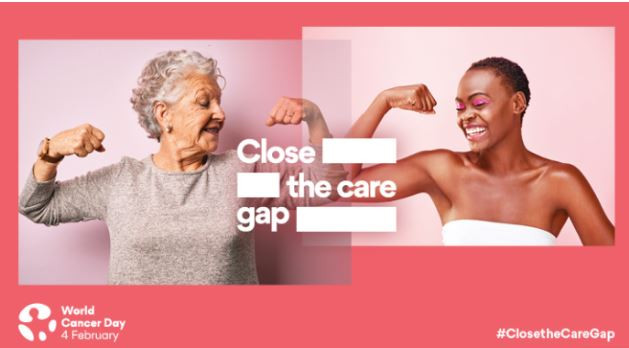
GOVERNMENT has been urged to come up with a National Cancer Council to close loopholes in cancer care.
In a statement yesterday to commemorate World Cancer Day running under the theme: Closing the Cancer Care Gap, the Cancer Association of Zimbabwe said a third of the country’s 80% diagnosed cancer cases are preventable.
“This commemoration comes (as) cancer patients in Zimbabwe are facing a number of challenges from the cancer itself and the current COVID-19 pandemic. These challenges include breakdown of machinery at public cancer treatment centres, high cost of medication and cancer services and centralisation of cancer services which results in patients having to pay for transport to visit the treatment centres,” the statement read.
“We are fully aware of not only the current challenges faced by cancer patients, but also of the great strides made by government and its partners in closing the cancer gap such as training of oncologists and oncology nurses, formation of the National Cancer Forum, cancer strategic plans and decentralisation of free cervical cancer screening.
“However, all these efforts need to be strengthened, for example, revival of the National Cancer Forum will go a long way in meaningful engagement of cancer stakeholders in the fight against cancer in Zimbabwe. With the increased cancer burden in Zimbabwe as noted by the Cancer Registry of Zimbabwe, the government and its stakeholders should now debate the idea of having a National Cancer Council composed of various key cancer experts and cancer survivors. Such legislative structures are a key in closing the cancer care gap in Zimbabwe.”
Lovemore Makurirofa, a researcher at the Cancer Association of Zimbabwe, said cancer is a very unique disease, despite being related to other health conditions.
“The technologically intensive nature of cancer management, current cancer patient experiences, multidisciplinary nature of cancer management and related costs, the need for research and constantly evolving treatment, all call for a separate legislative structure wholly dedicated to closing the cancer care gap in Zimbabwe,” he said.
“The cancer management guidelines that were drafted should be revised, adopted and operationalised as soon as possible as they are critical in closing the cancer care gap.”
- Young entrepreneur dreams big
- Chibuku NeShamwari holds onto ethos of culture
- LSU students win innovation prize
- Mhofela finally drops album
Keep Reading
Makurirofa said the National Pharmaceutical Company of Zimbabwe should import and distribute oncology medicines.
“This can enable inter-governmental bilateral agreements with drug producing countries thereby significantly improving the availability of cancer related medicines in public hospitals and reducing the cost of cancer drugs in order to close the cancer care gap between the rich and the poor,” he added.
“The current situation where cancer related medication is channelled through the private pharmacies limit access to cancer care among the poor patients who constitute the majority of the cancer patients in Zimbabwe.”









